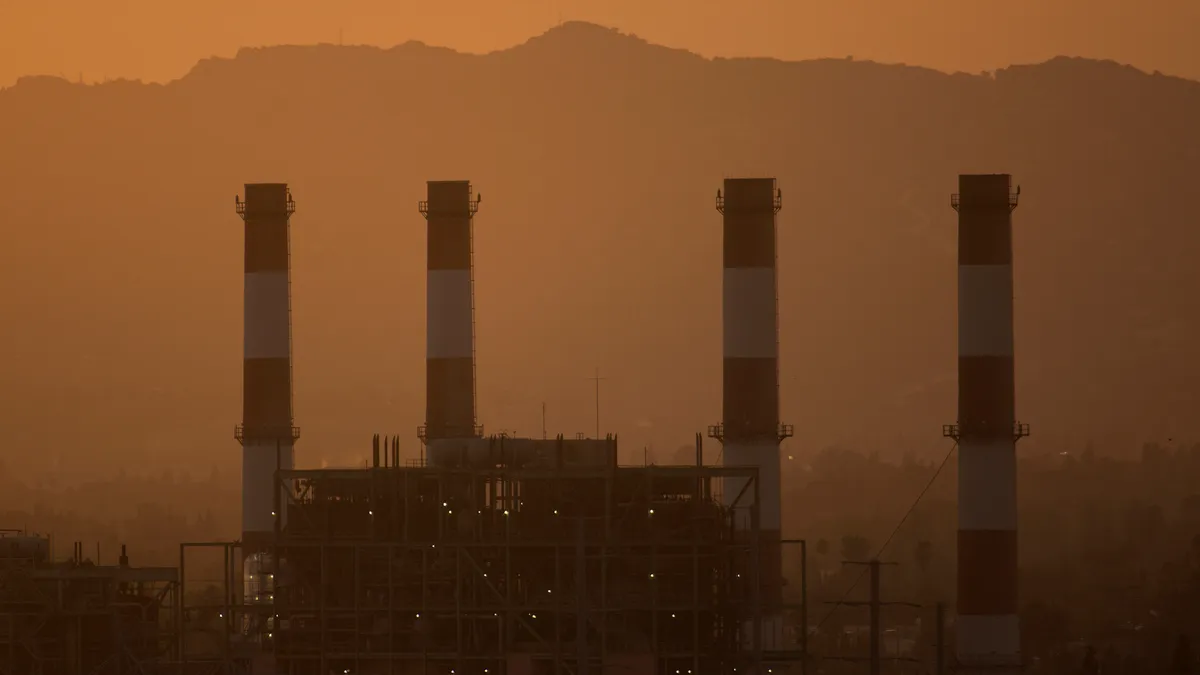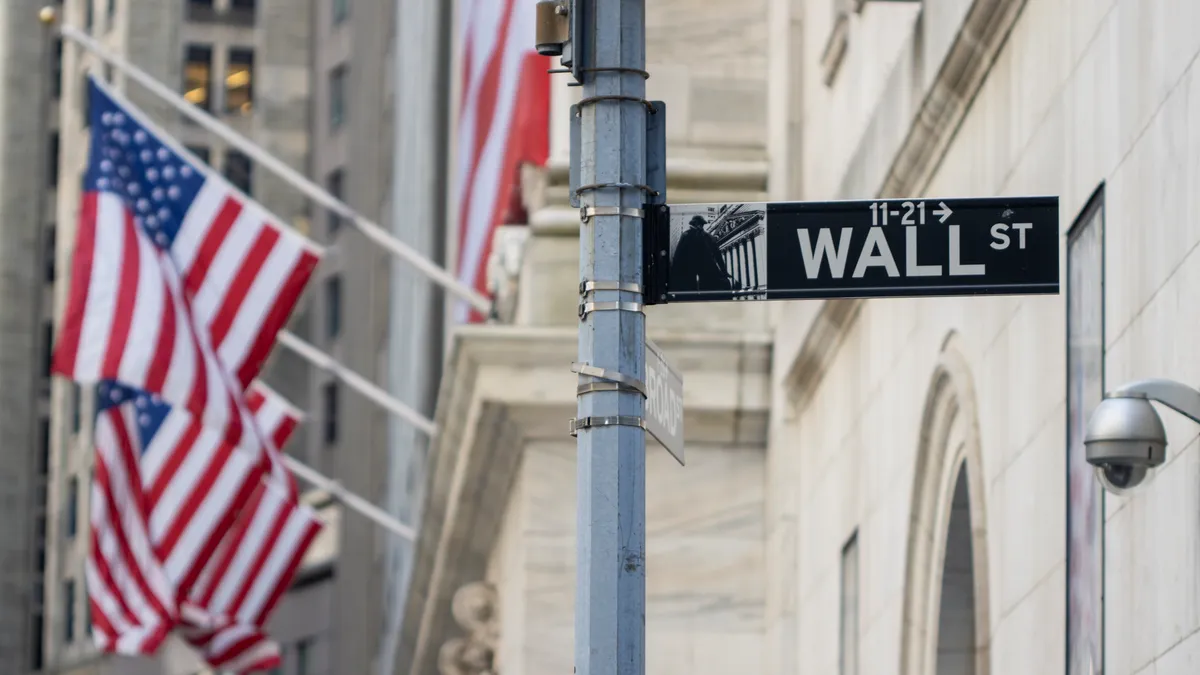Dive Brief:
- House Science Committee Republicans said in a hearing Thursday the Biden administration’s rule to align a greenhouse gas and climate-risk disclosure rule with the London-based Science Based Targets initiative puts the company outside of national oversight.
- California Republican Jay Obernolte said the decision to include a role for SBTi to perform a “quasi-regulatory role” was a “questionable process that could result in the federal government picking winners and losers in the marketplace.”
- Four banks, including HSBC and Standard Chartered, withdrew from SBTi’s targets, which required the financial industry to commit to divest from fossil fuels, Reuters reported Wednesday.
Dive Insight:
Committee members on both sides of the aisle from the Environmental and Investigations and Oversight Subcommittees took issue with the White House sending Federal Chief Sustainability Officer Andrew Mayock as the hearing’s witness. Mayock’s role resides within the White House’s Council on Environmental Quality, while the rule was developed by the Federal Acquisition Regulatory Council.
Mayock said the FAR Council asked for potential alternatives to the SBTi targets in its request for comment and is in the process of reviewing public input. He said around half of the companies that would be required to disclose under the proposed rule already align to the Climate Disclosure Project, which runs SBTi with the United Nations Global Compact, World Resources Institute and the World Wide Fund for Nature.
Mayock said climate disclosures and emissions reductions are a requirement that will help mitigate the effects of and better respond to the increasing frequency and severity of extreme weather events.
“The U.S. government is as vulnerable to climate change and the clear and present danger and the clear and present impacts of climate change as the rest of the United States,” Mayock said. “Making sure that our government does what other leading companies have chosen to do … we're putting ourselves in a place where our supply chain is going to be as resilient as possible when those next disasters come along.”
The Department of Defense, General Services Administration and the National Aeronautics and Space Administration proposed a rule in November 2022 which would require all federal contractors who made more than $7.5 million in government funds to disclose scope 1 and scope 2 emissions. Any business with more than $50 million in federal contracts would also have to set SBTi-validated emissions reductions targets.
While CEQ was not in charge of writing the proposed rule, it published the original memo that led to the rule’s development. Mayock said as part of that process, he had an informational meeting with SBTi, as well as other standards setters, industry and federal contracting stakeholders to determine what the most widely accepted and practiced standards were internationally.
Mayock said no financial aspects were discussed with the organization, no contract was awarded to SBTi, nor does the body possess any oversight authority over federal contractors under the proposed rule. The regulation, which he emphasized was not finalized, companies would send their data to SBTi, which is responsible for then validating those targets.
Rep. Sean Casten, an Illinois Democrat, called objections to using an international standard-setting body “sort of silly” because multiple U.S. presidential administrations have declined to participate in international climate standard policies.
“When you choose to get to the back of the line, that’s where you end up,” Casten said.
French bank Societe Generale SA and Dutch bank ABN Amro Bank NV also withdrew from the SBTi’s standard-setting initiative. All four banks said they were still committed to aligning their climate targets with the United Nations Net-Zero Banking Alliance.
SBTi released guidance on target setting for the financial industry in January. After receiving feedback from the industry, the organization relaxed its posture to allow institutions to continue financing the industry as long as they reach near-term emissions targets, SBTi told Reuters.










